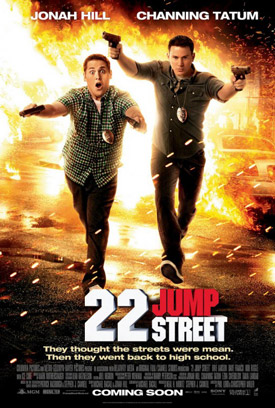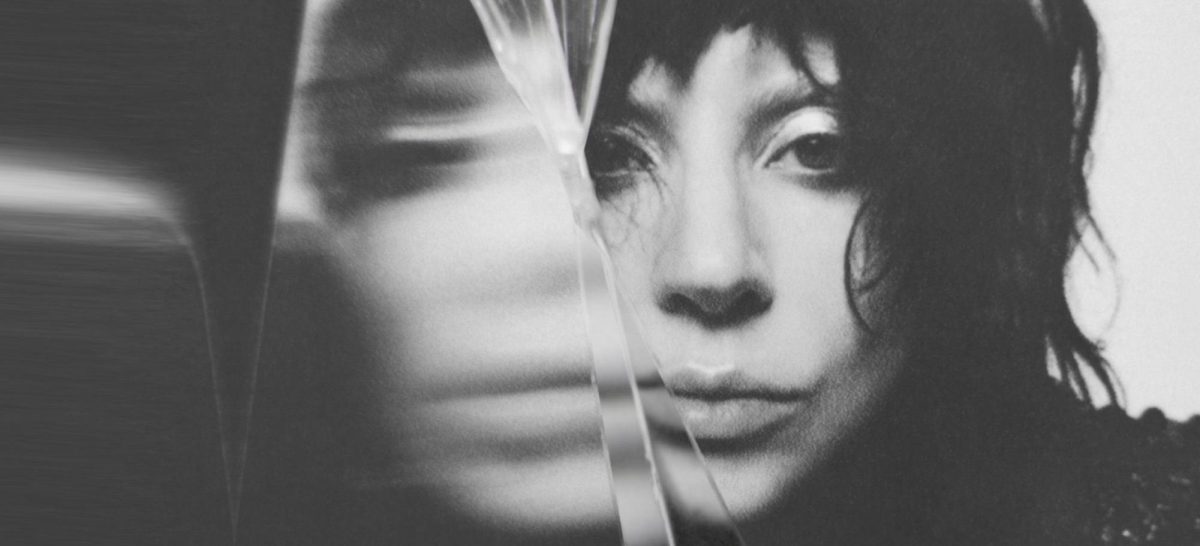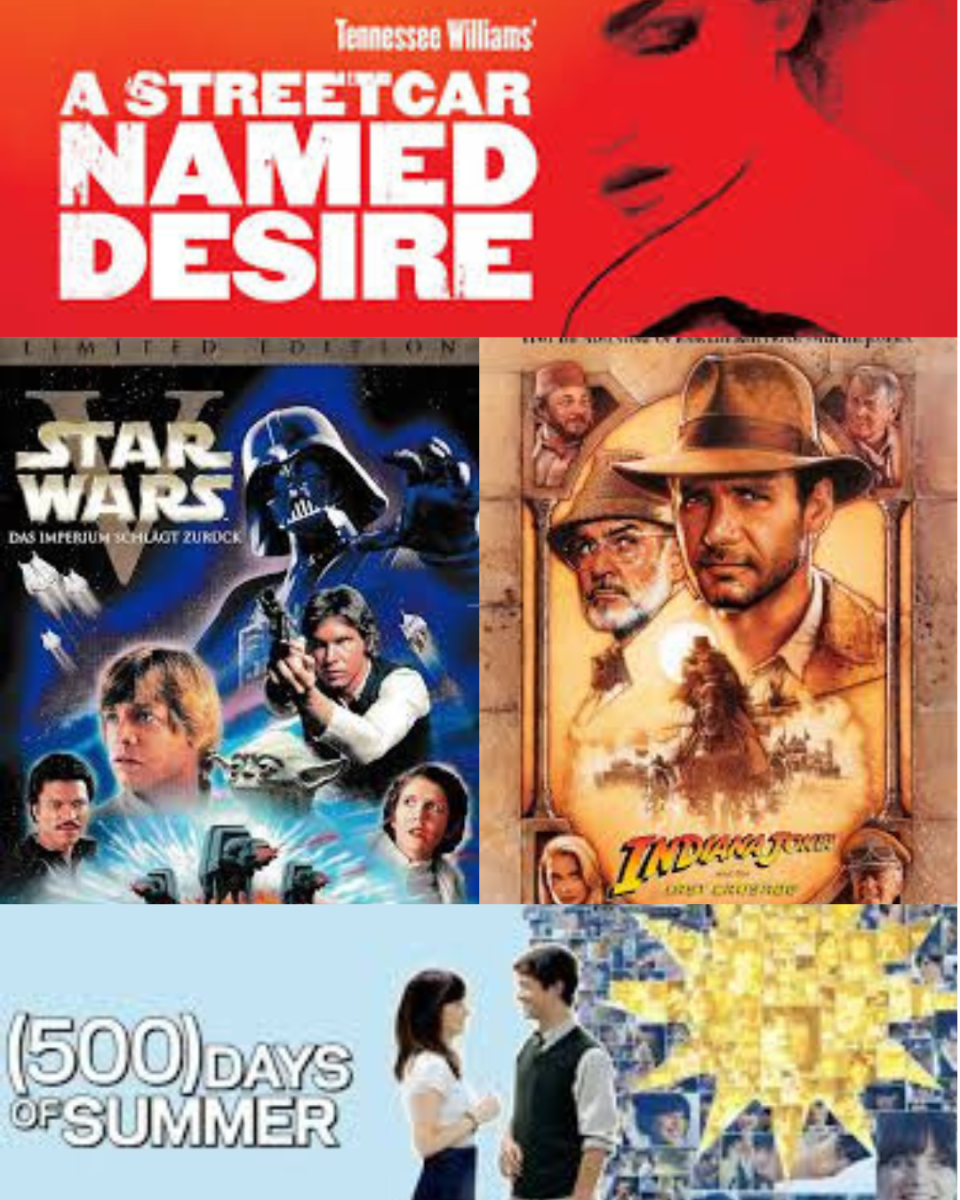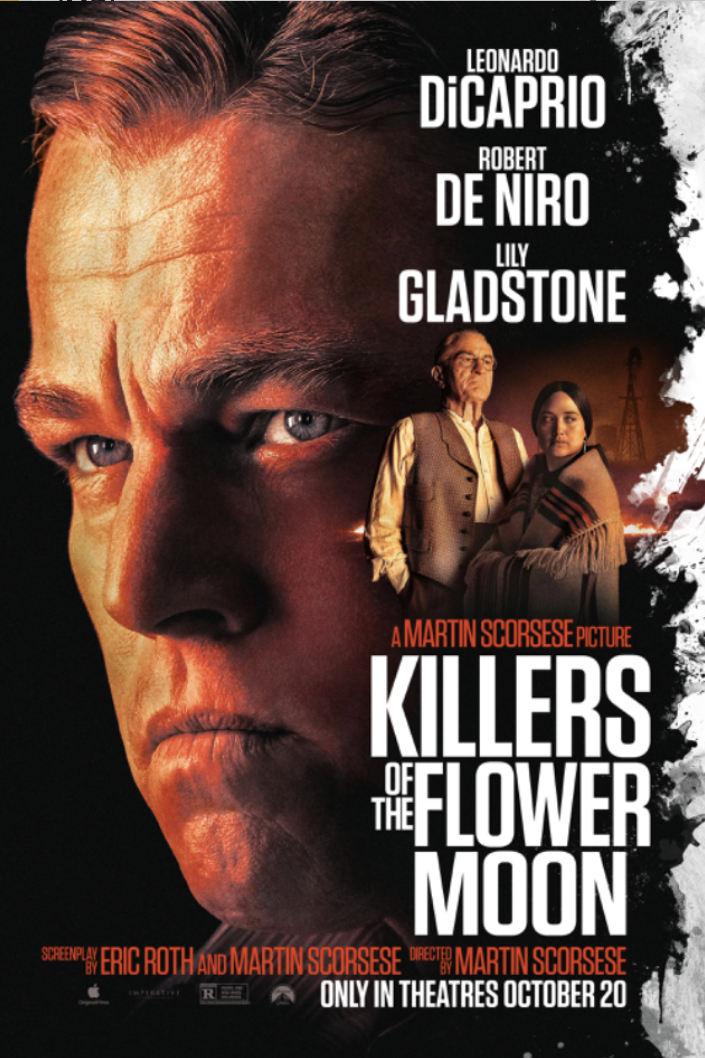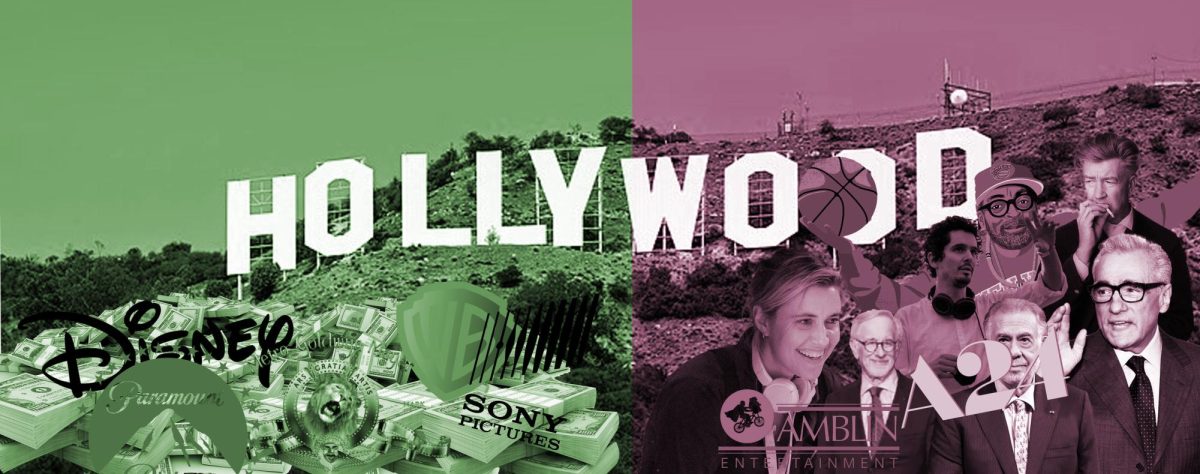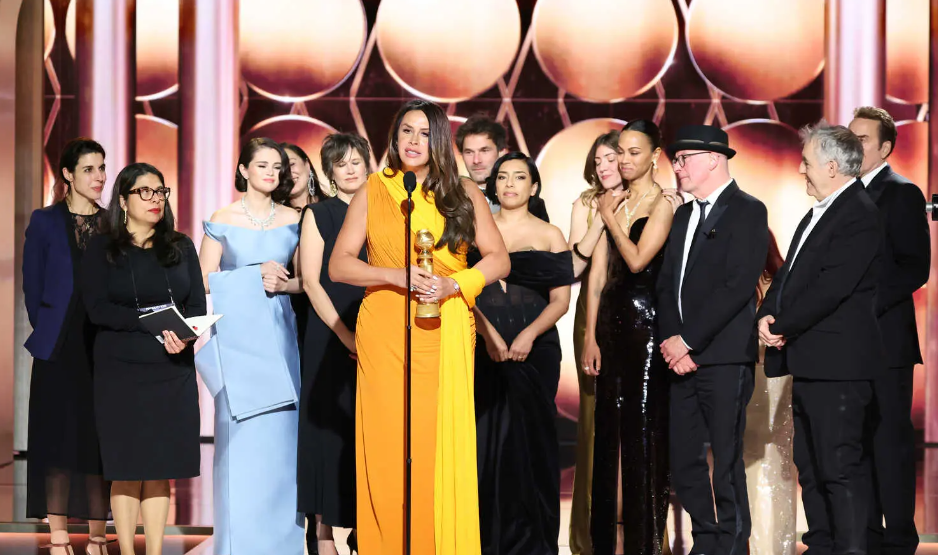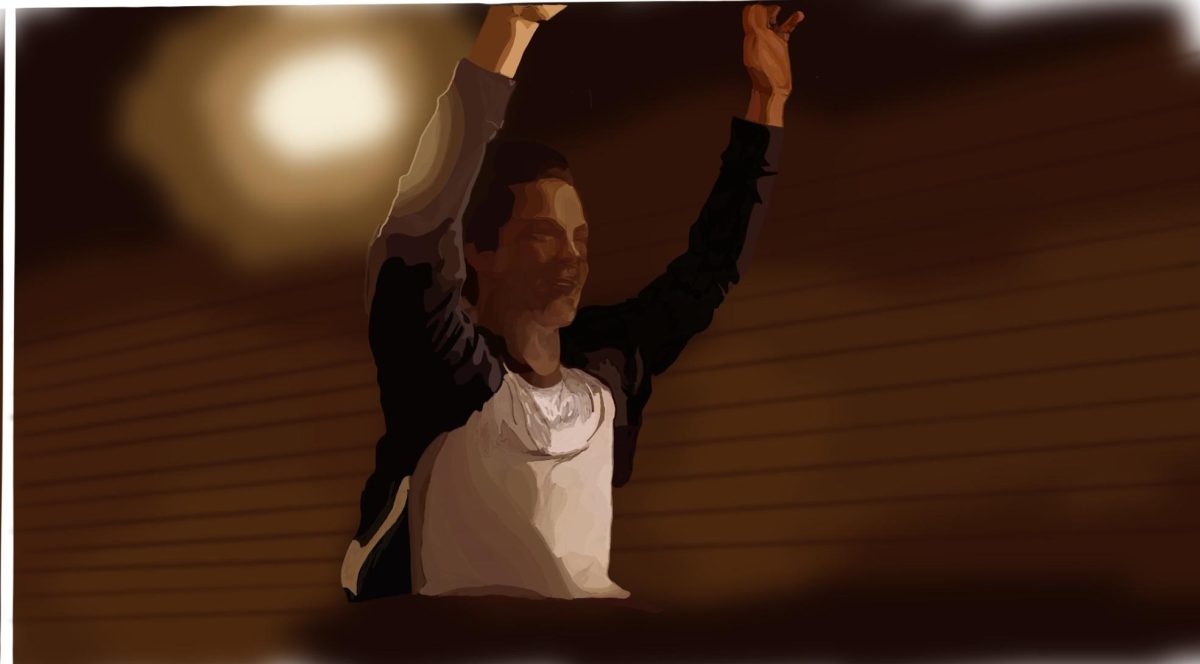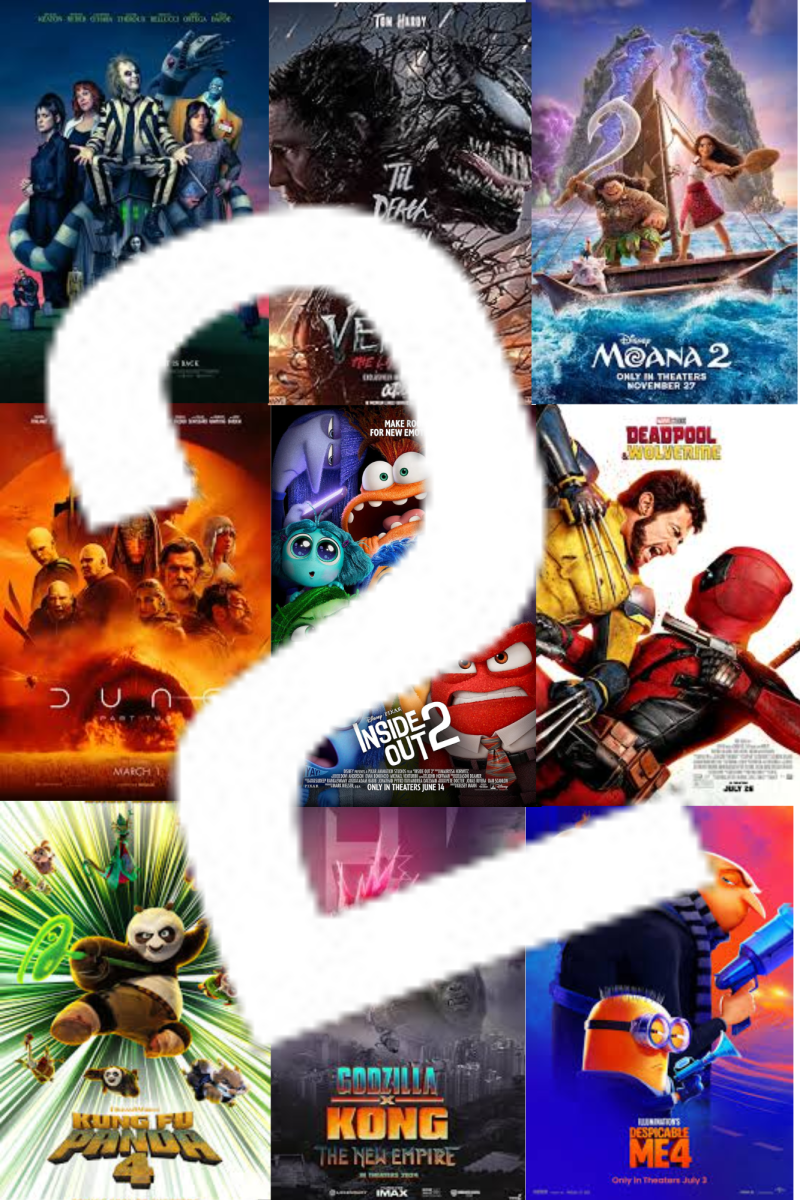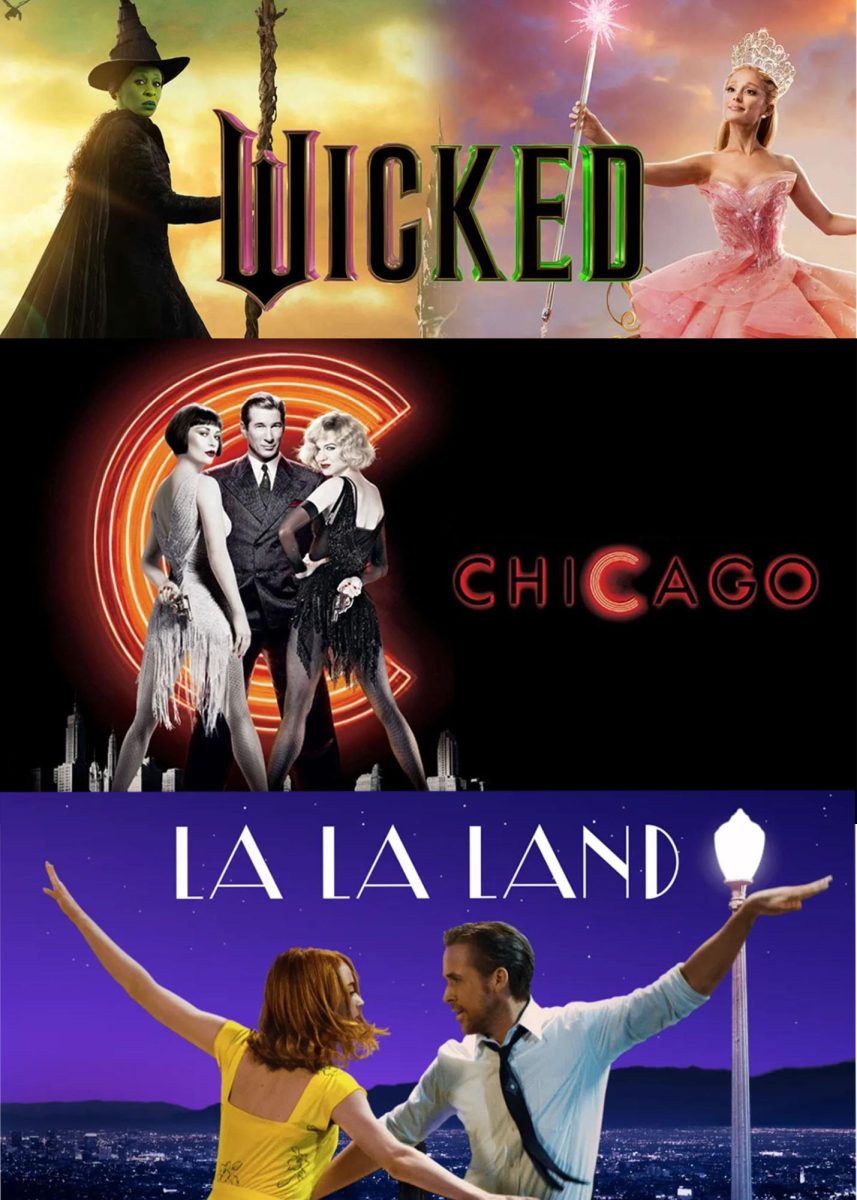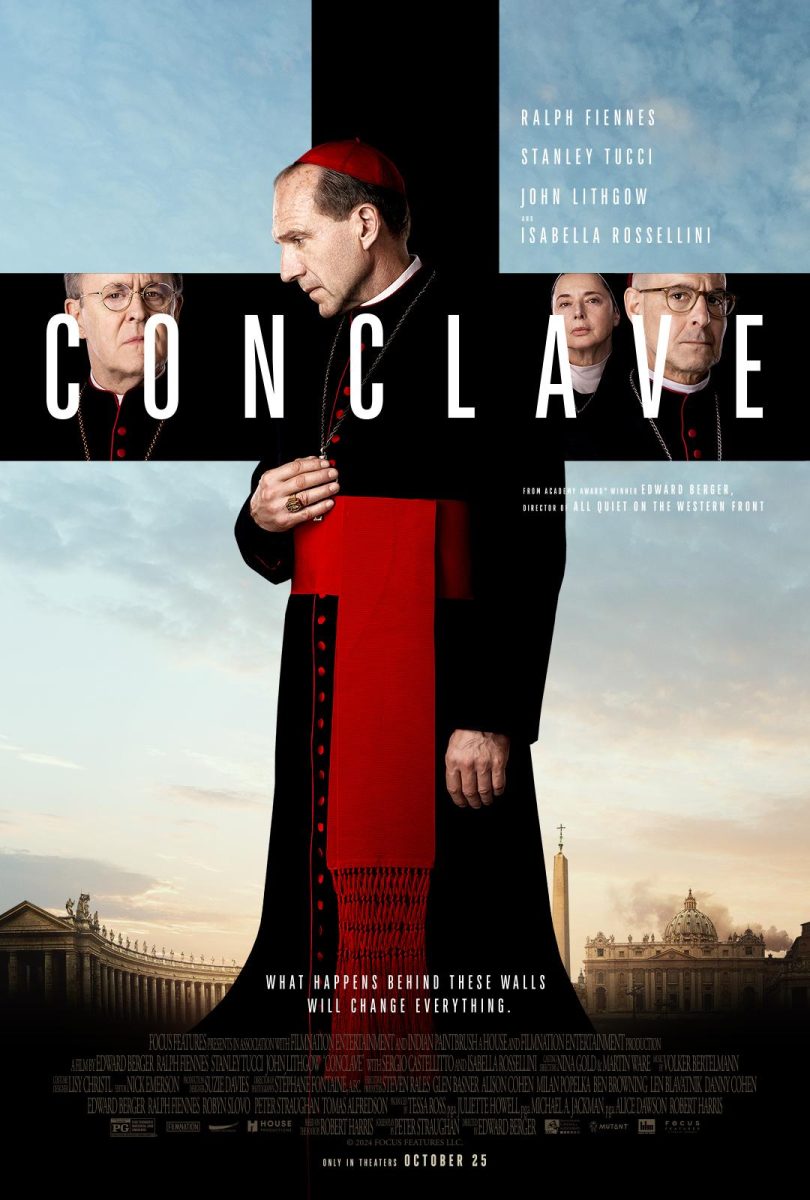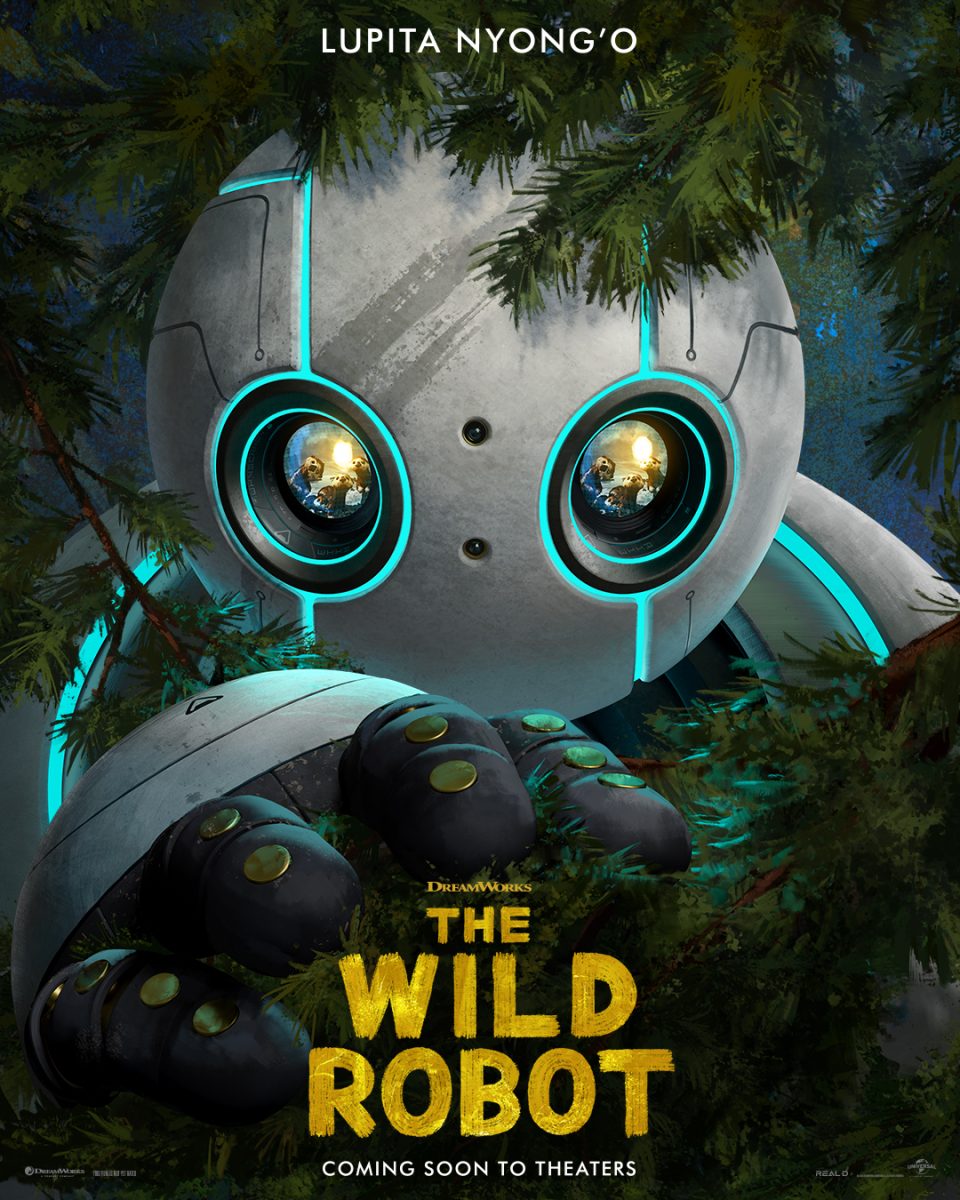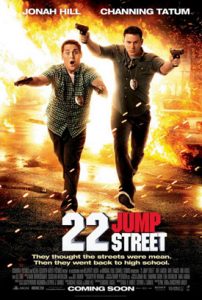
Unlike last summer’s comedy dominated lineup, this season’s popular films cover a broad span of movie genres.
Boyhood: Marc Sheehan
IFC Films’ Boyhood is a classic coming of age story. Acclaimed writer-director Richard Linklater concocts a narrative that has never been attempted before: a film that took 12 years to create. The film tells the story of Mason (Ellar Coltrane), a boy living in a broken home along with his mother (Patricia Arquette) and sister Samantha (Lorelei Linklater). From ages 6-18, the audience grows up with Mason, whether he is moving into a new house, running from an abusive stepdad, drinking his first beer, or discovering himself at college.
And perhaps that is just the problem with Boyhood. Linklater tries to cram a character down the viewers’ throats in 165 minutes—a character that is supposed to take 12 years to develop. Don’t misinterpret the message: Boyhood’s lengthy production was nothing short of miraculous, and the project turned out to be impressive. But just how impressive? For a film boasting realism, there is an alarming lack thereof. The dialogue falls flat at some points; for example, in a scene in which Mason drinks a few beers with a friend and a couple of older guys, the lines between the boys are terribly cliche and break suspension of disbelief.
The movie does have its bright moments, however. Ethan Hawke is by far the most likeable character as the divorced dad. He and Patricia Arquette are generating some much deserved supporting actor Oscar Buzz.
The ending scene really sums up a great message of maturation throughout the main character’s childhood. Linklater even uses a clever shot that parallels another shot from the beginning of the movie to evoke a sense of transformation and growth in Mason. Unfortunately, he doesn’t use this parallelism enough. Boyhood was indubitably a cinematic feat, but the scope of the project required a little more focus than the last-minute screenwriting.
22 Jump Street: Lucy Lynch
Channing Tatum and Jonah Hill return to their roles as undercover cops in 22 Jump Street. In this sequel, officers Schmidt (Hill) and Jenko (Tatum) are subject to make another drug bust – this time, at college. Returning as Captain Dickson is Ice Cube, who now has ordered Schmidt and Jenko to infiltrate the dealer and find the supplier of a drug called “WHYPHY” that killed one student on the college campus.
Throughout the film, Jenko joins the football team and makes friends with frat boys Zook and Rooster, much to the dismay of Schmidt, who falls for the artsy, slam-poet Maya, who ends up being revealed as Captain Dickson’s daughter. Their investigation heightens and leads them to an action packed Spring Break in Puerto Mexico where the drug is rumored to be spread.
Overall, the movie is a very solid sequel – if, and only if you’ve seen its first installment. 22 Jump Street returns to many of the same jokes and scenarios that made the first movie a hit, and many of the same plot parallels are made. Both movie include undercover drug busts among students and while Schmidt is the popular kid at school in 21 Jump Street, Jenko takes over that role in this film. Between hilarious writing and cameos from actors like Jillian Bell of Workaholics and Rob Riggle, 22 Jump Street proves itself as one of few sequels worthy of watching.
Guardians of the Galaxy: Rachel Spang
The Marvel Cinematic Universe topped box offices yet again with summer blockbuster Guardians of the Galaxy, which became the first Marvel movie to be number one for four consecutive weeks. Following the success of Captain America: The Winter Soldier, the comic adaptation franchise had to live up to the high precedent set by the impressive superhero sequel. Fortunately, Guardians of the Galaxy hit all expectations and more. The story follows Peter Quill (Chris Pratt), an earthly outlaw who leads a ragtag group of prisoners in an effort to save the galaxy from Ronan, a cruel dictator with the intention of destroying whole planets in order to gain more power. The film aces every aspect of a great sci-fi work: well-timed comedy, intricate graphics, intense action, and meaningful plot. Guardians of the Galaxy impressed critics and audiences alike with its balance of hilarious, emotional, andaction-filled scenes. The highly successful installation sets a new bar for future Marvel Cinematic Universe films.
If I Stay: Emily Luong
Based on the novel by Gayle Forman, If I Stay is a drama that follows talented cellist Mia Hall (Chloë Grace Moretz) and her decision to either attend Juilliard across the country or remain with her boyfriend, aspiring rockstar Adam Wilde (Jamie Blackley). Mia has an out-of-body experience while in a coma following a car crash, she is forced to make the heavier decision of whether she wishes to stay alive or not. From scenes of Mia’s loved ones pleading with her to wake up, to flashbacks of Mia and Adam’s seemingly happy relationship, the film is no doubt a tear jerker just like the novel. The film successfully manipulates moviegoers’ emotions, but its continuous flashbacks make the storyline drag on slowly. Also, scenes in which dying Mia sees “the light” and Adam’s fairy tale-like chivalry is displayed are simply cliche and unoriginal. Nonetheless, Moretz does a great job in portraying Mia’s frustrations while trying to mature and her struggling to fit in. Moreover, the movie satisfies music lovers with the various cello solos Mia plays throughout the film. Although the film’s pace is a bit off and vaguely similar to other young-adult centered romance stories, it easily takes viewers on a emotional rollercoaster and leaves no one in the theater dry-eyed.
The Giver: Meghan O’Meara
The Giver, a movie adaptation of Lois Lowry’s dystopian novel, hit theaters on August 15. It tells the story of Jonas, a teenage boy who lives in a seemingly utopian society. The memories of past generations have been kept a secret, and things like color and emotion are taken away from everyone through morning injections. People do live peaceful, safe lives, but the loss of pain also requires the loss of joy. However, while most teenagers are given regular day jobs at an annual ceremony, Jonas is selected as the ”Receiver,” so memories, colors, and emotions are passed on to him from the “Giver.” There are several discrepancies between the book and the movie, so for people who have read the book the film is a bit disappointing. For example, the film tries too hard to be similar to popular dystopian franchises such as The Hunger Games rather than establishing its originality, as it was one of the first young adult dystopian novels back in 1993. Overall, the film focuses more on action and drama than the emotional messages of the original story regarding corruption, pain, and individuality. However, the movie is entertaining and a good film for people who haven’t read the book. Viewers see Jonas rediscover himself and watch in anticipation as he attempts to restore society to the way it used to be.


